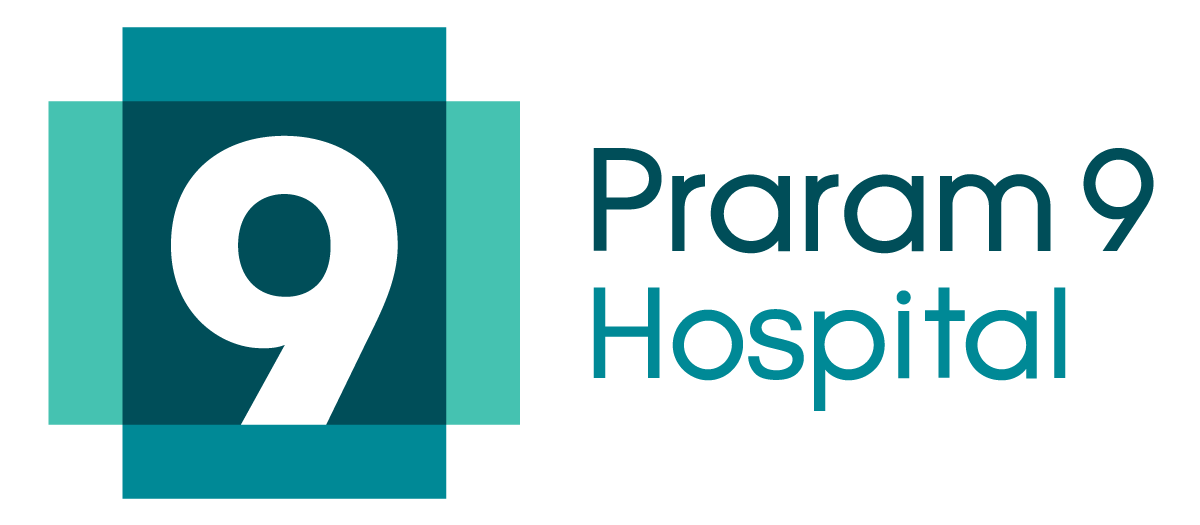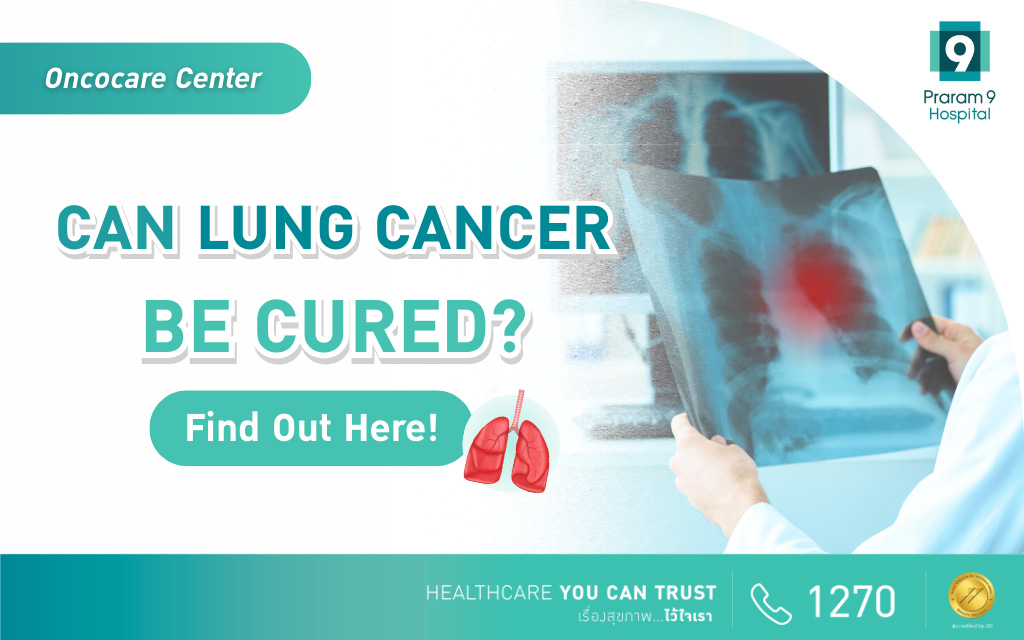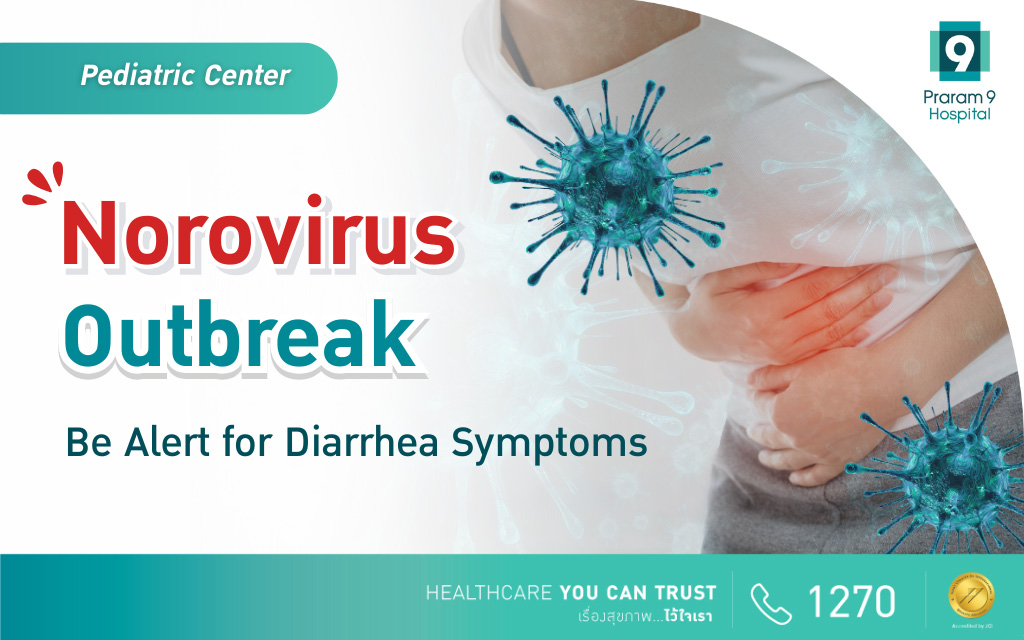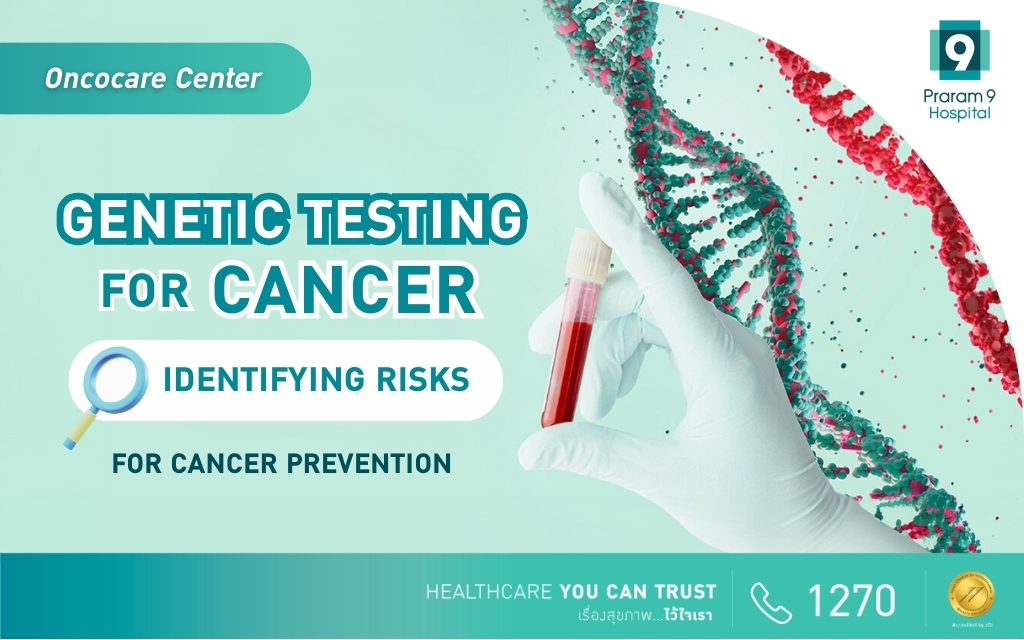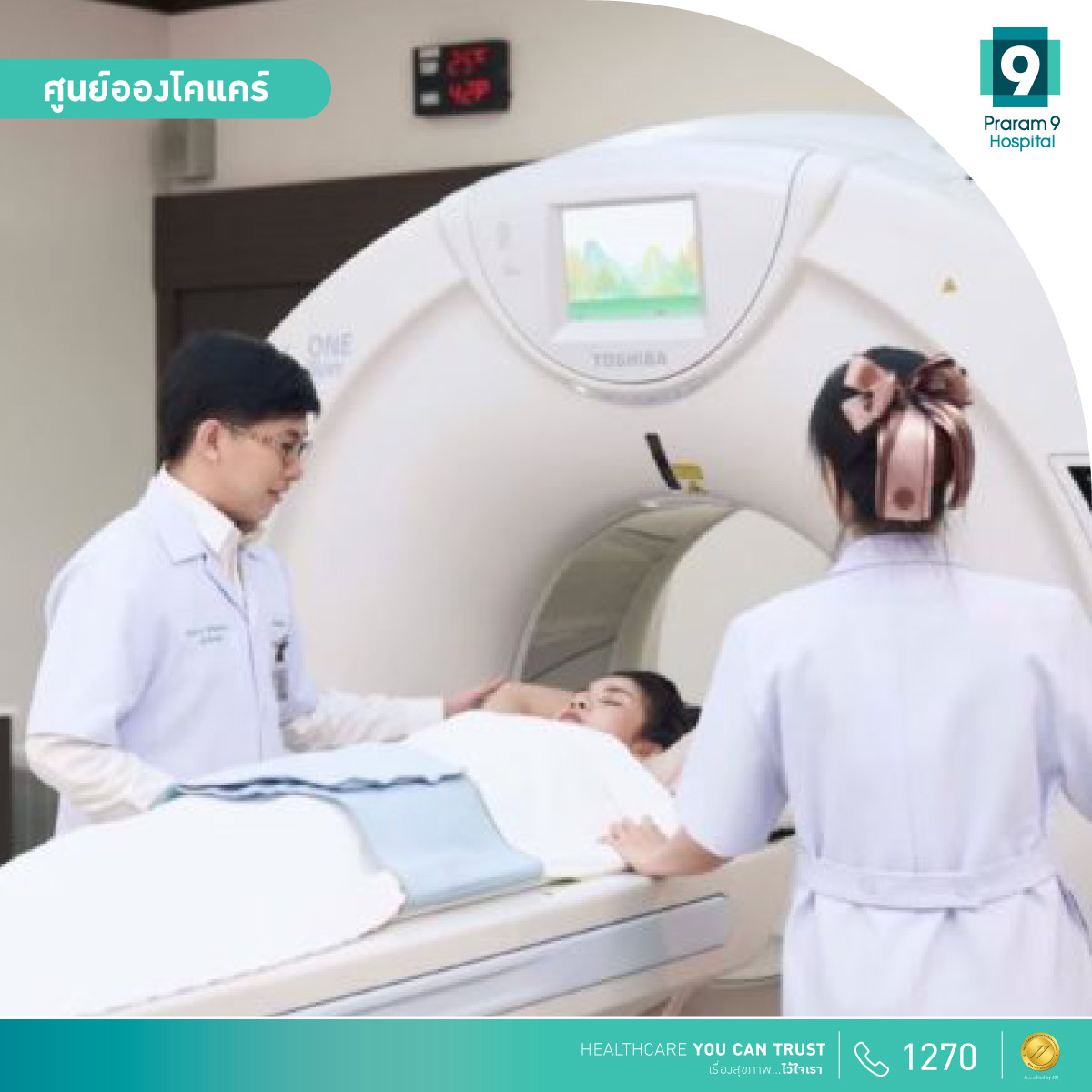Lung cancer is one of the most serious types of cancer and a leading cause of cancer-related deaths worldwide. This disease occurs when abnormal cells grow uncontrollably in the lungs, potentially spreading to other parts of the body. While smoking is the primary risk factor, even non-smokers can develop lung cancer.
One of the most pressing questions patients and their families have upon diagnosis is, “Can lung cancer be cured?” This disease not only poses a silent threat to global health but also causes emotional distress to those affected. The answer to this question depends on several factors, such as the stage of the disease, the patient’s overall health, and how well they respond to treatment.
In this article, we’ll delve into what lung cancer is, its warning signs, symptoms, and—most importantly—the available treatments that offer hope for a normal life. Let’s uncover whether lung cancer can be cured and explore the factors that influence recovery.
What Is Lung Cancer?
Lung cancer occurs when abnormal cells grow uncontrollably in the lungs, forming tumors that may spread to other organs such as bones, the brain, or the liver. The disease is categorized into two main types:
- Small Cell Lung Cancer (SCLC): A fast-growing type that often spreads to other parts of the body. It is commonly associated with heavy smokers.
- Non-Small Cell Lung Cancer (NSCLC): The most common form, accounting for approximately 85% of all lung cancer cases, and typically grows more slowly than SCLC.
Who Is at Risk of Lung Cancer?
Lung cancer risk depends on both genetic and environmental factors. Common risk factors include:
- Smoking: About 85% of lung cancer cases are linked to smoking, as chemicals in cigarettes cause changes in lung cells.
- Secondhand Smoke Exposure: Inhaling smoke from others increases the risk of lung cancer.
- Exposure to Harmful Chemicals: Asbestos, radon, and industrial fumes are major risk factors.
- Air Pollution: High levels of pollutants, including fine particulate matter (PM2.5), significantly increase lung cancer risk.
- Family History: Genetics play a role; a family history of lung cancer raises your risk.
- Age Over 65: Older adults are more vulnerable, especially if exposed to harmful substances.
Warning Signs of Lung Cancer
In the early stages, lung cancer often has no obvious symptoms, making it difficult to diagnose. However, warning signs to watch for include:
- Persistent cough that doesn’t go away
- Coughing up blood
- Shortness of breath or wheezing
- Chest pain that worsens with deep breaths or coughing
- Unexplained weight loss
- Hoarseness or voice changes
- Fatigue, even after rest
If you experience these symptoms, consult a doctor promptly. Early detection improves lung cancer treatment outcomes significantly.
Symptoms of Lung Cancer
Symptoms vary based on the stage of the disease and whether the cancer has spread. Common symptoms include:
- Chronic cough
- Difficulty breathing
- Chest pain
- Hoarseness
- Rapid, unexplained weight loss
- Bone pain (if cancer spreads to bones)
- Neurological symptoms, such as headaches, if cancer spreads to the brain
Can Lung Cancer Be Cured?
The ability to cure lung cancer depends on factors such as the cancer type, its stage, and the patient’s overall health. Treatments offer a higher chance of cure when the disease is caught early.
- Early-Stage Lung Cancer: Treatments like surgery or targeted radiation therapy can often lead to a cure.
- Advanced Lung Cancer: While curing may be difficult, treatments focus on disease control and prolonging life.
SCLC typically responds well to chemotherapy and radiation but has a higher recurrence rate. NSCLC offers more treatment options, particularly when diagnosed early.
Lung Cancer Treatment Options
Treatment plans are tailored to each patient’s condition. Options include:
- Surgery: Removes the tumor and is most effective in early-stage lung cancer.
- Radiation Therapy: Targets cancer cells with high-energy rays, often combined with other treatments.
- Chemotherapy: Uses drugs to destroy cancer cells throughout the body.
- Immunotherapy: Boosts the body’s immune system to fight cancer more effectively.
- Targeted Therapy: Focuses on specific genetic mutations in cancer cells for precision treatment.
- Palliative Care: Aims to improve quality of life for patients with advanced cancer.
Conclusion
Can lung cancer be cured? The answer depends on early detection, the type of lung cancer, and the patient’s overall health. Early diagnosis significantly increases the likelihood of a cure, while advanced cases focus on management and quality of life.
Regular screening through chest X-rays or CT scans can detect lung cancer in its early stages. Combining this with a healthy lifestyle, avoiding smoking, and minimizing exposure to harmful chemicals can lower the risk. Remember, proactive care is key in the fight against lung cancer.
By staying informed and vigilant, you can take control of your health and improve outcomes in the battle against lung cancer.
For more information or urgent, please contact
TEL: 1270 (Local) or +662 202 9999
Email: [email protected]
You can consult a doctor from anywhere through video calls.
